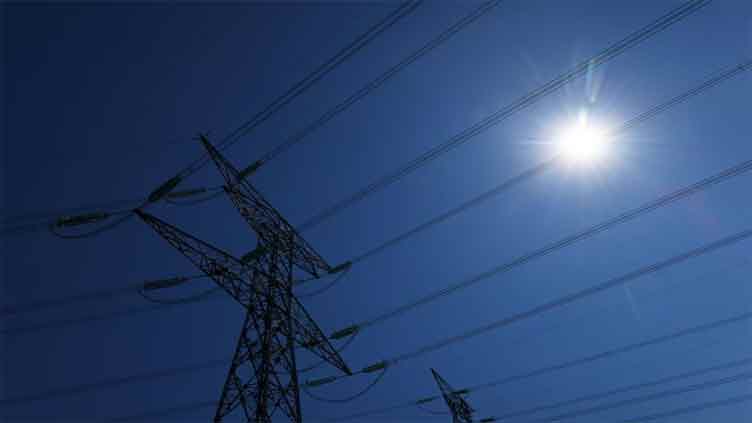IPP payments reach Rs1,800bn amid mounting Pakistan circular debt

Business
Power and gas sectors’ share is Rs2,310bn and Rs2,900bn respectively
- Any longer delay in releasing the outstanding amount may force the govt to pay late payment surcharge
- It will also reduce electricity generation
ISLAMABAD (Dunya News/Web Desk) – An efficient energy sector means Pakistan isn’t able to control the circular debt which has now climbed to Rs5,210 billion at a time – a development that coincides with the pressure exerted by the International Monetary Fund (IMF) for power and gas tariff hikes.
Sources in the Ministry of Finance say the share of power sector in circular debt stands at Rs2,310bn and that of gas sector at Rs2,900bn.
Naturally, the amount payable to the independent power producers (IPPs) has also increased to Rs1,800 – the biggest chunk of Rs2,310bn circular debt of power sector.
Now these IPPs, the sources say, are demanding the energy and finance ministries to ensure release of this massive amount as well as uninterrupted supply of fuel required for generating power.
As a result, it is expected that around Rs140bn would be released this week to achieve two goals – ensuring continuation of payments and improving electricity generation.
In case of a failure to release the amount, there are fears of reduced power generation – a development that will automatically negatively impact both economic activities and growth in Pakistan which is already witnessing an unprecedented economic crisis.
Moreover, any longer delay in these payments to IPPs may force the government to pay late payment surcharge – an amount added to the original sum in case the schedule [given dates] is missed.
With a marked improvement in macroeconomic indicators, the government is now confident that the country can witness an economic revival, as Finance Minister Muhammad Aurangzeb on Tuesday even promised of interest rate cuts in the coming months.
The reason behind this imminent start of rate cut cycle is a persistent decline in inflation for fourth consecutive month in April to the 17.3pc level which is lowest since May 2022.
It would boost economy activity in the country by incentivising investment by private sector, Aurangzeb noted.


